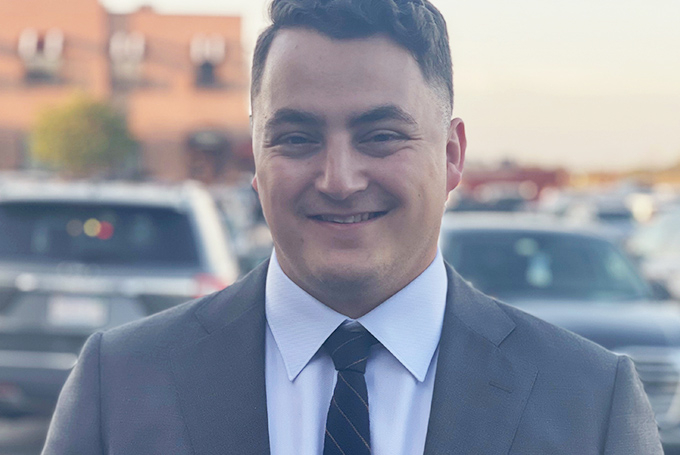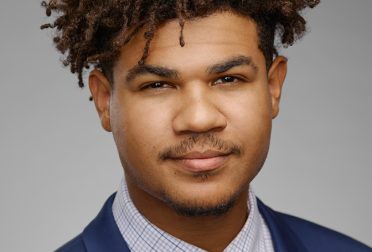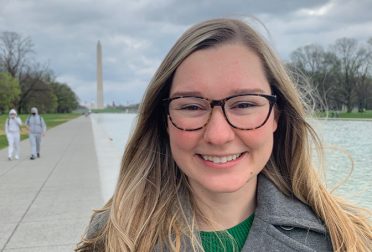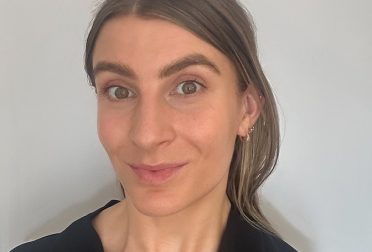Although Josh Souza is starting at SDM this fall, he’s already familiar with some of the principles taught in the core class. Josh has worked at Commonwealth Fusion Systems for four years as a systems engineer and took the MIT xPRO certificate in architecture and systems engineering with SDM core instructor Bruce Cameron. “I was using so much of that course in my day to day life that I said, ‘I have to go do the rest of this program,’ because I have found so much incredible daily value just from a few short classes,” Josh said. He’s looking forward to deepening his understanding of the principles he already applies to his work at Commonwealth Fusion Systems, which is dedicated to building the world’s first commercial nuclear fusion power plant.
What is your background in engineering?
I studied energy systems engineering in undergrad, which covered basic mechanical, thermal, and electrical engineering. My senior capstone focused on a carbon capture and utilization project, at the core of social impact on climate change with cross-disciplinary technologies. The project was broad, interesting and challenging enough that it felt like the thing that I was meant to do.
I’m very impact oriented, even though my interests are very broad. Climate change is a looming issue and it feels like it’s our generation’s problem that we’re supposed to solve. When you decompose the causes of climate change and our contributions, firm power production on a global scale is the biggest lever that we have to pull.
What work are you doing now?
I’m focused on applying systems engineering methodologies and systems thinking to help deliver the SPARC project at CFS. My role has changed from developing and implementing process, tools, and methodologies, to being responsible for implementing those same approaches for the core tokamak systems. We are fast approaching a test and operations focused phase of the project, so my role is beginning to transition to longer term team growth in an effort to support multiple CFS projects simultaneously, including ARC, our first power plant.
What is it like to work as a systems engineer?
Being a systems engineer is difficult in a new industry where its value isn’t fully understood or proven yet. You have to convince other people of its importance. It’s difficult to prove the value of good systems engineering until all of the work is done, if you do it right. You don’t realize the missed interfaces. You don’t realize the missed functionality, or the upset stakeholders if you do it right.
I view the success of a systems engineering group in its people, its processes, and its tools applied to a certain project goal, with flexibility to deliver what the business needs in its current state. We’ve been working on developing a competency framework for systems engineers that helps us grow as individuals, but also to get better in the methodology itself and applying it in what we call the “CFS way” of applying systems engineering. It’s a mixture of models that we tailor to make it work for CFS as a company. Training people to help with the rest of the project, to implement it the right way, and building the tools and the processes that support it along the way is slow, but incredibly impactful work.
Did your previous experience with systems engineering lead to your applying to SDM?
I have yet to see a project from cradle to grave and have had an incredible opportunity to be with SPARC since the early days. I still have a lot to learn. And I know that I will never stop growing as a systems engineer, both in technical skills and in better ways to do things. Being an SDM fellow will help me hone those skills that I may not have been exposed to yet, while reinforcing the importance of those areas of the lifecycle that I have been able to live through so far. I’ve been lucky enough to be with SPARC from the beginning, and I’m happy to see it through to the end. I think there’s still a lot for me to learn to get through the rest of it, and I can’t wait to take what I apply in the SDM program and bring that back to CFS.
What’s something that excites you about meeting your new classmates?
If I’ve learned anything in building a team and working in an organization that has pulled from the best of various industries, it’s that diversity is one of your best force multipliers and catalysts for growth. It helps you find better ways of doing things because people think differently, and it’s important to have an open mind and understand why people did things the way they do, why they feel the way that they do, and then be able to learn from that intent. The SDM program pulls from different industries, different backgrounds, different walks of life. Putting myself in a melting pot like that means that I’m not only going to grow as a person, but also be able to leverage their experience to figure out better ways to do things together, which is really exciting.




